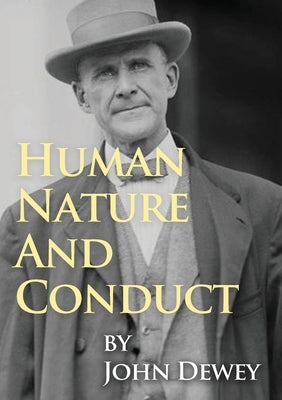
Mission
Past Forward is a public service dedicated to educational accessibility.
Books
Search millions of discounted books with next business day shipping in the US.
Information
To learn more, please visit Context, Disclaimers, Policies, Terms, and Privacy Choices.
© 2014-2025 Past Forward






